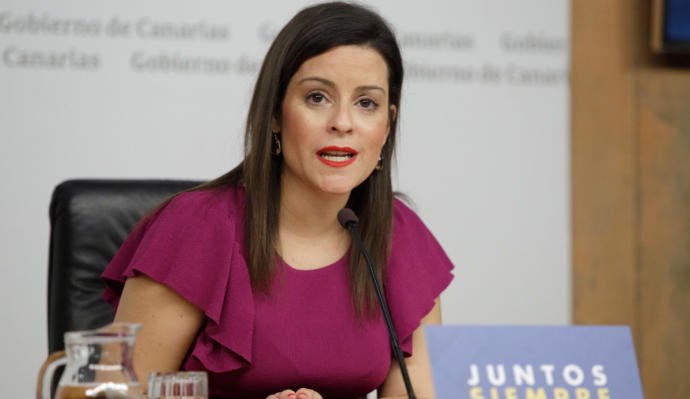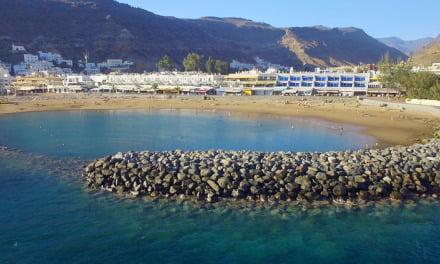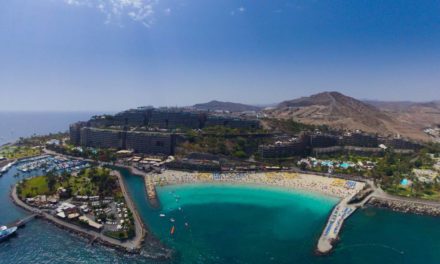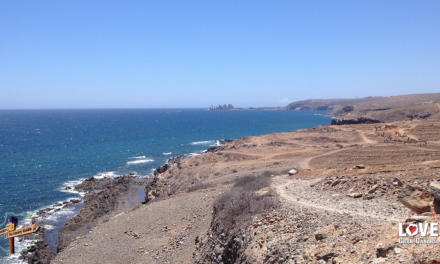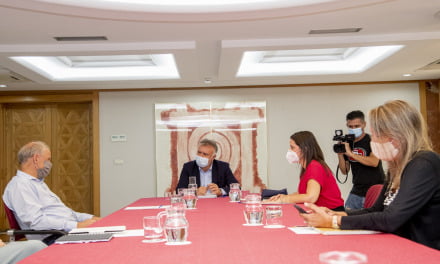In statements to journalists during a presentation of the regional tourism board’s Spanish domestic tourism campaign for this summer, she commented that they were trying to “incentivise”, in some way, airlines to urge travellers to get tested, preferably at origin or at the very least on arrival.
“We continue investing in tests at origin as a priority and we will fight until the end”, she commented, but in case the government gets no clear go-ahead, she says that her department is working on an “alternative plan” to undertake tests on the Islands, at a an additional cost approximately €40 million by the end of 2020.
Editors note:
The regional president, Ángel Victor Torres, last week suggested that these tests on arrival, if they need to be provided, will cost around €20 per person. This suggests that Canary Islands tourism bosses are planning for something like 2 million tourists, throughout the archipelago, for the rest of the 2020.
The minister emphasised that they are negotiating “how it would be done” because the Statute of Autonomy (that regulates the islands as an autonomous region of Spain) gives them “possibilities” to mitigate concerns, especially if any “strong peak” of tourist arrivals begins, calculating that the first tourism flows from June 21 will be smaller then usual and so can be controlled more easily.
From there, she said, it is necessary to study “how it can be financed” so that it is not paid “out of the public coffers alone”.
Castilla made very clear that it is necessary to “avoid” any episodes like the flight to Lanzarote which arrived at the end of May with a positive case onboard, leading to 14 people being quarantined, and at the same time “protect” the Canarian population and workers in the tourism sector.
She made clear that, on the part of the Canary Islands Government, they want “testing for everyone”, for national tourists and even for native Canarians who might frequently travel to the Peninsula, or other European countries, because it cannot be known what they have done and with whom they have been. “You have to evaluate them,” she added.
All in all, the minister commented that the Canary Islands will be ready to receive international tourists as of June 21 and by July 1 “everything will be perfect”, and although she sees “weakness” when it comes to the lack of preparation time and funding, she believes Spain sends a “sign of strength” by messaging to the world that it is ready to start tourism once again.
Castilla also commented that communication with the Spanish State continues to be “fluid” and that the “structural pillars” to revive tourism in the Canary Islands have been understood, including the need for extending the ERTE (government emergency business suspension and furlough scheme) at least for the tourism sector and related activities, while seeking funding to boost the airline market and regain connectivity with the Archipelago.

